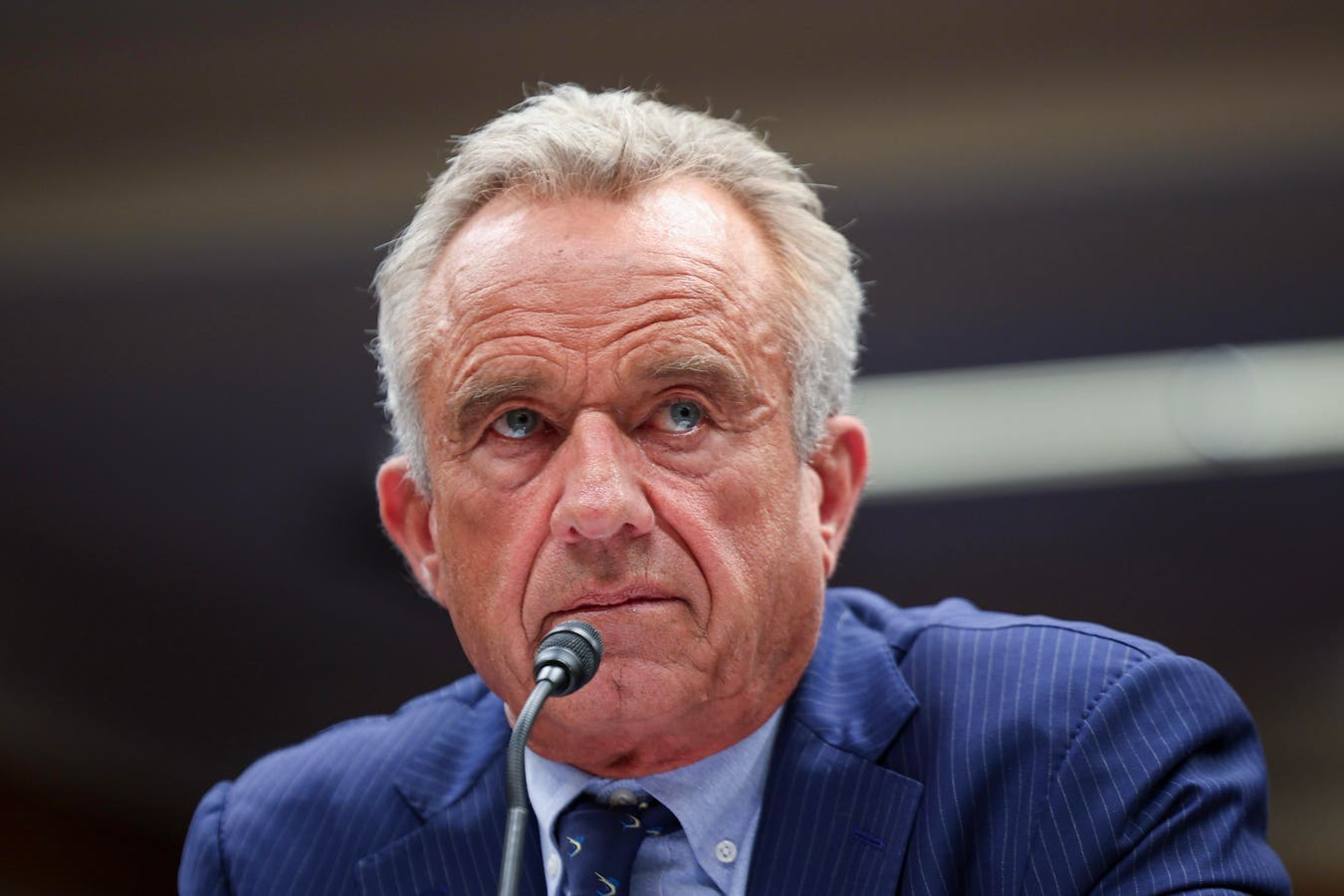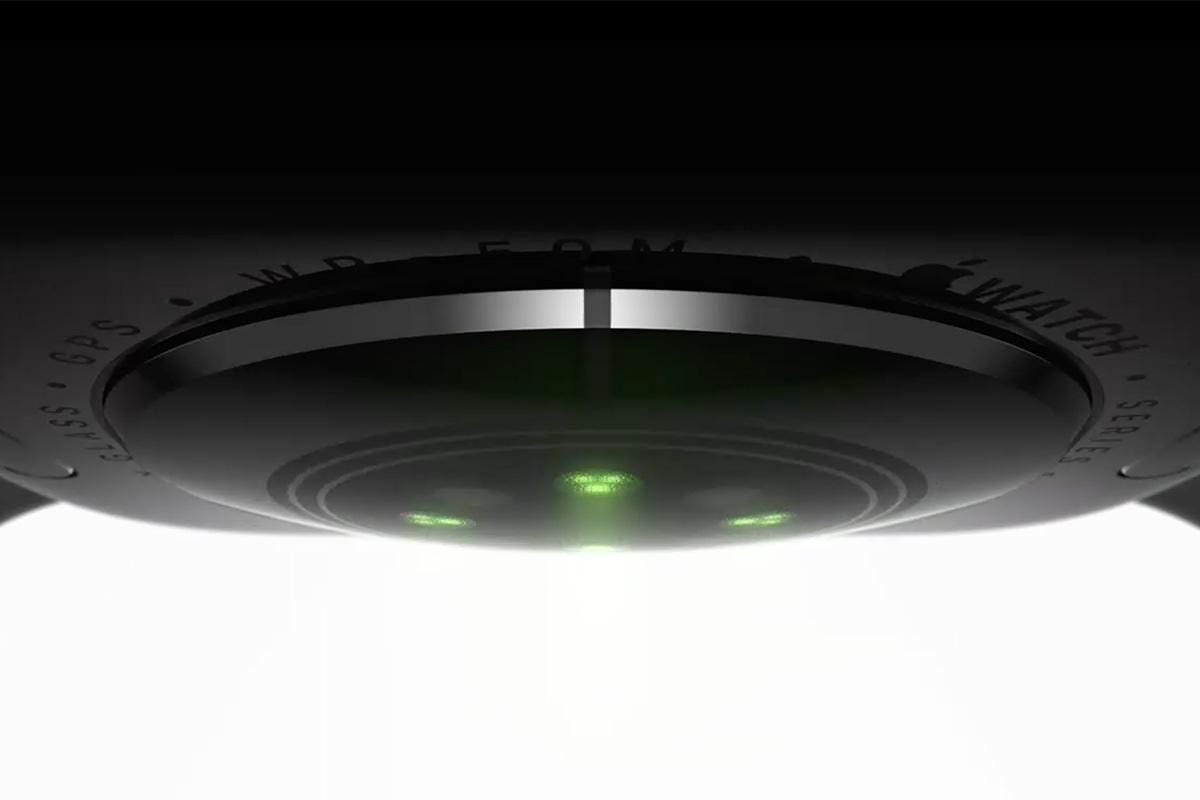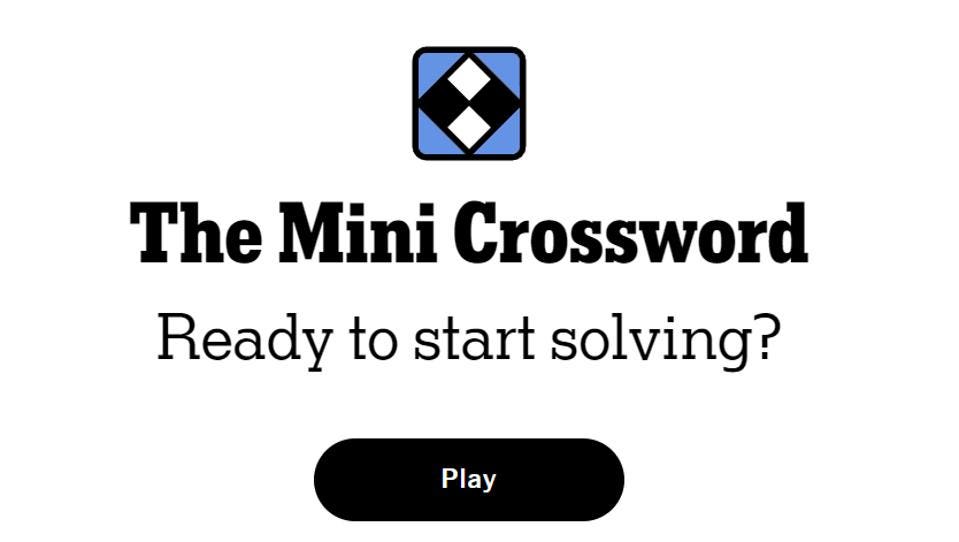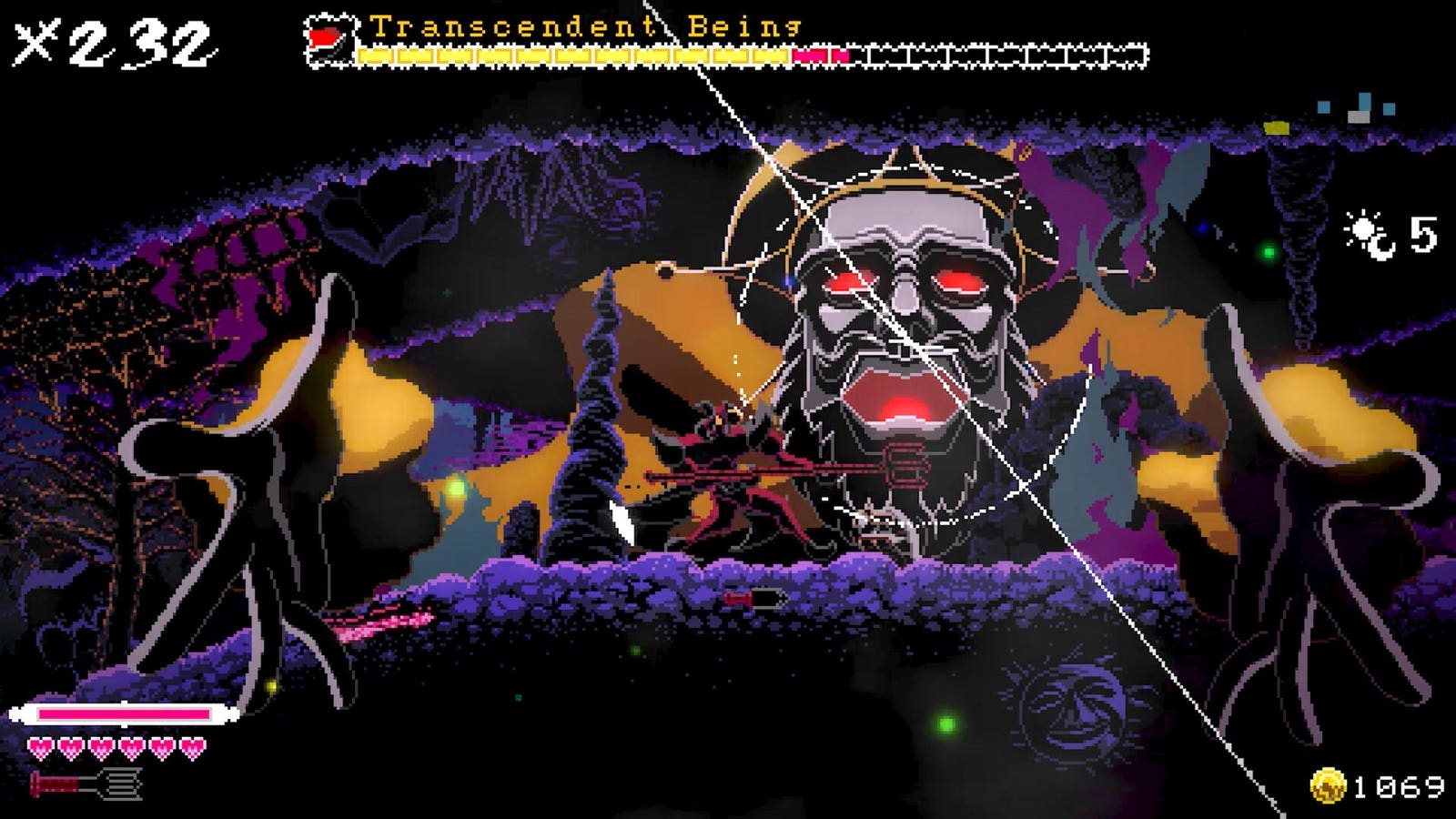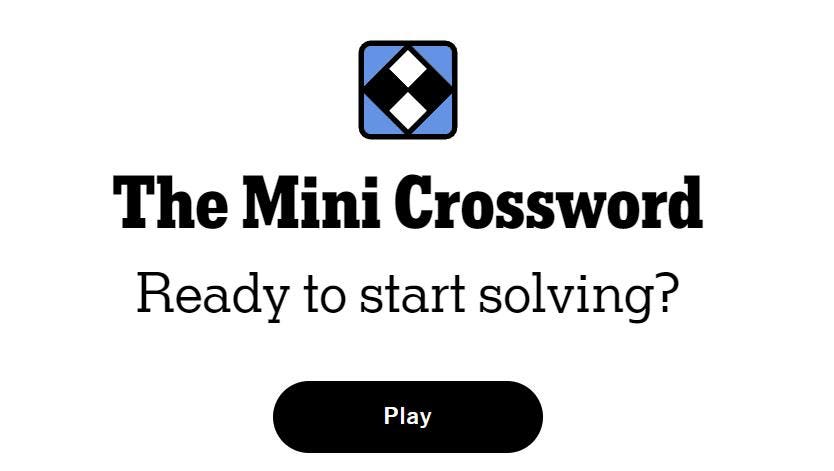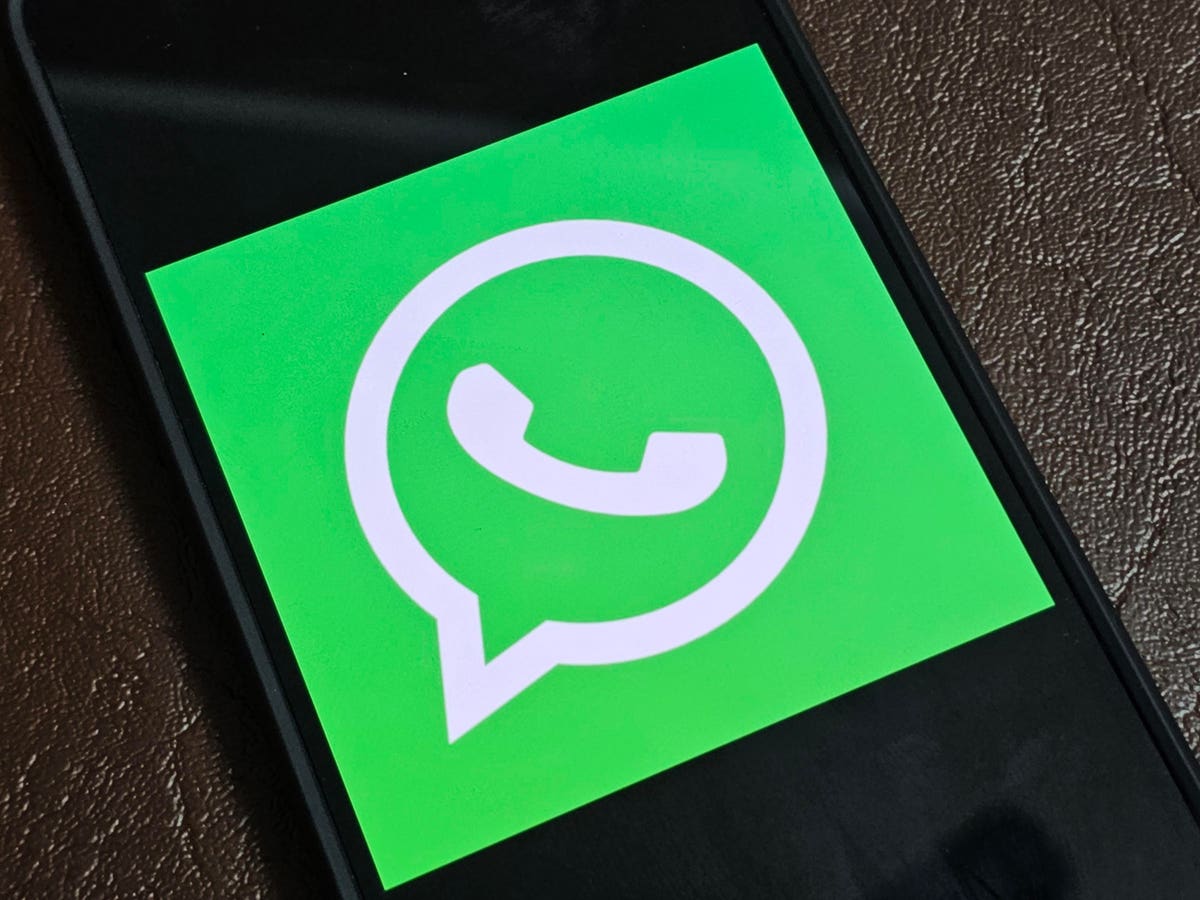WASHINGTON, DC: U.S. Secretary of Health and Human Services Robert F. Kennedy Jr. testifies before the Senate Committee on Health, Education, Labor, and Pensions on Capitol Hill.(Photo by Tasos Katopodis/Getty Images)
Getty Images
Health and Human Services Secretary, Robert F. Kennedy Jr., announced yesterday that the federal government’s emergency preparedness agency, Biomedical Advanced Research and Development Authority, will no longer fund work on messenger RNA vaccines.
BARDA is terminating 22 grants supporting development of mRNA vaccines, worth a total of $500 million. The agency’s ending of new federal investments in mRNA technology was presaged earlier this year by substantial cuts imposed by the Department of HHS when it terminated dozens of mRNA-related research projects. Most of the canceled grants concerned work related to vaccine hesitancy and uptake of vaccinations, but several were on clinical development of mRNA vaccines.
The mRNA vaccine platform was famously deployed during the COVID-19 pandemic in 2020, allowing for the creation, testing and regulatory approval of vaccines within 11 months of the sharing of the genetic sequence of the SARS-CoV-2 virus, which causes COVID-19. The Pfizer-BioNTech and Moderna vaccines each contain mRNA, which instructs cells to manufacture the coronavirus spike protein, simulating infection with the virus. This induces an immune system response to the spike protein that is present on the coronavirus.
Prior to 2020, no vaccine had ever been developed and produced so quickly, and no other existing vaccine platform can match the speed and scale of mRNA technology. These are considered crucial attributes, not only with respect to COVID-19, but also for pandemic preparedness more generally.
However, Kennedy apparently sees it differently, posting on X: “We reviewed the science, listened to the experts, and acted. BARDA is terminating 22 mRNA vaccine development investments because the data show these vaccines fail to protect effectively against upper respiratory infections like COVID and flu. We’re shifting that funding toward safer, broader vaccine platforms that remain effective even as viruses mutate.”
It’s unclear which experts Kennedy listened to, or what science he and his team reviewed. STAT News reports that vaccinologists who they spoke to say the views Kennedy expressed in the HHS statement do “not represent the scientific consensus on the utility and safety of mRNA vaccines.”
Based on the statement, this likely means a halt to all new BARDA funding of vaccine development targeting upper respiratory infections, which includes COVID-19 and influenza, but also respiratory syncytial virus and bird flu.
HHS states that “other uses of mRNA technology within the department are not impacted” by the termination of contracts. While this may apply to BARDA, it doesn’t pertain to the HHS “department” as a whole. According to The Atlantic, partnerships between the National Institutes of Health and HIV vaccine researchers have been terminated under Kennedy’s watch. The federal government is not planning to continue funding their work. Given that such disruption is occurring in the HIV space, perhaps other diseases will be affected, too. mRNA vaccines are also being developed to prevent melanoma and lung cancer, malaria, Lyme disease and Zika, as well as to protect newborns from congenital infections like cytomegalovirus.
Kennedy’s moves represent the latest setback to mRNA research. While researchers Katalin Karikó and Drew Weissman received a Nobel prize in 2023 for their mRNA work aimed at preventing and treating a wide range of diseases, during their decades of work they had to overcome numerous challenges.
Since the 1960s, there was consensus around the critical role that mRNA plays as a translator of sorts in protein synthesis—the process responsible for almost all cellular functions in the human body. This helical strand of molecules allows for information contained in DNA in the nucleus of cells to be delivered to ribosomes where protein synthesis can occur. However, scientists expressed doubts pertaining to the therapeutic viability of mRNA products: mRNA was considered too unstable and limited in its ability to produce an immune response.
Karikó and Weissman persisted in their mRNA research because they fervently believed that the platform held the future for vaccinations that could trigger the immune system to fight numerous types of diseases. They were ultimately proven right when mRNA COVID-19 vaccines successfully saved at least 2.5 million lives globally, with other estimates pointing to as many as 20 million.

